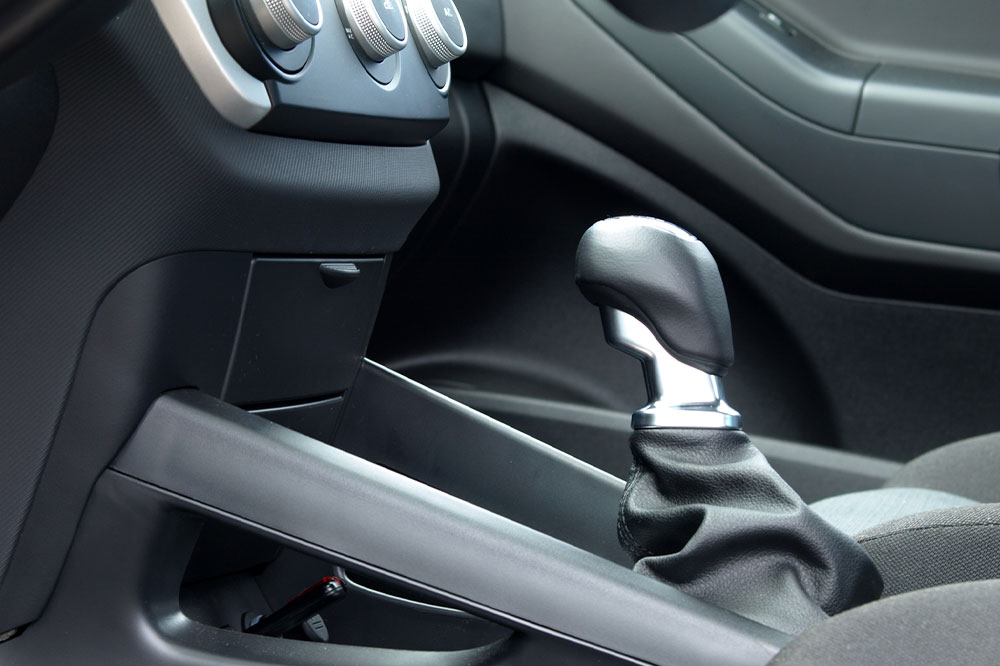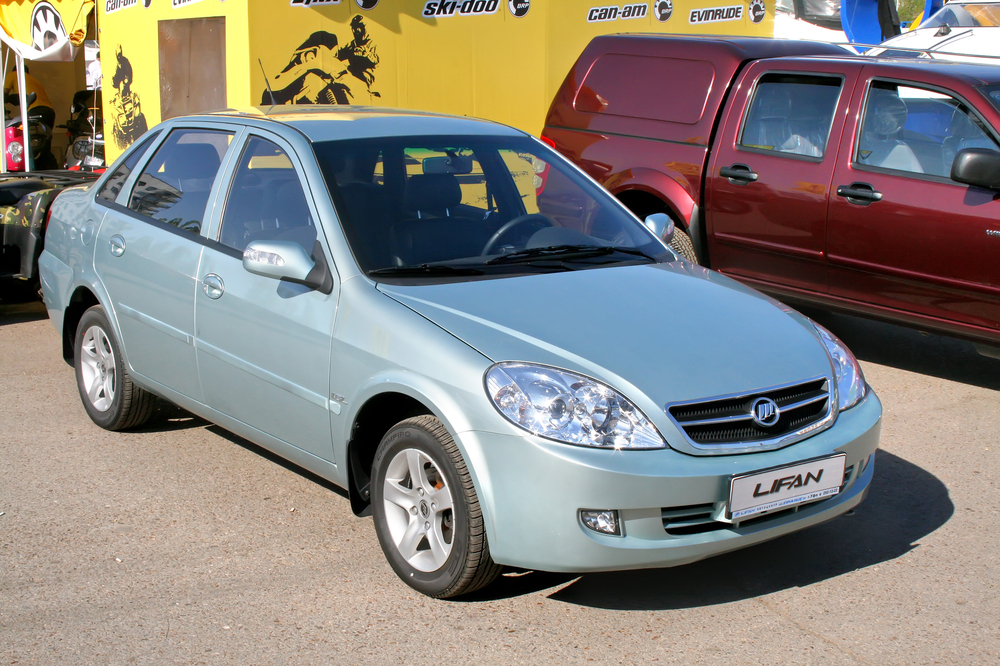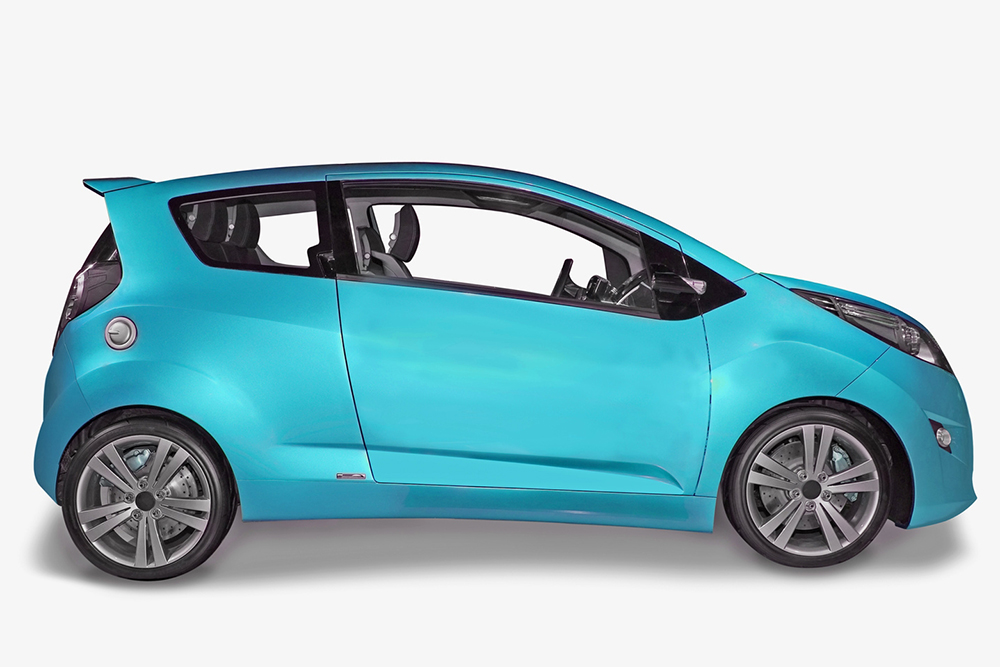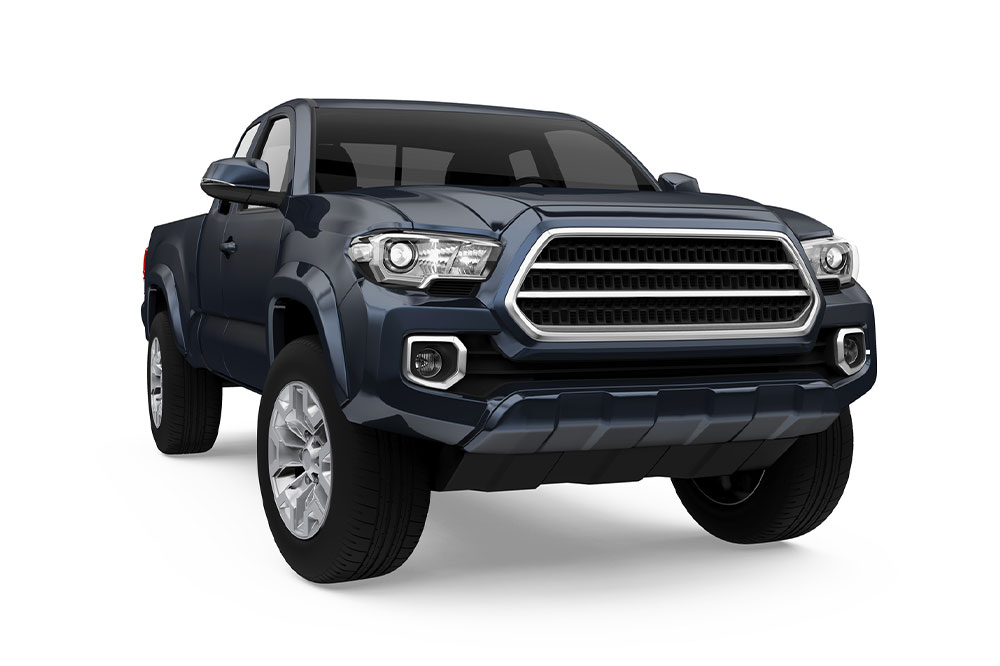Essential Guide for Finding Affordable Used Cars
Discover practical tips for purchasing budget-friendly used cars. From comparing deals and reading reviews to setting budgets and testing vehicles, this guide ensures you make informed and cost-effective decisions. Learn how to find safe, reliable, and affordable vehicles suited to your needs, with expert advice on financing and safety features. Perfect for budget-conscious buyers seeking quality vehicles without overspending.

Essential Tips for Purchasing Budget-Friendly Vehicles
Buying a vehicle can be costly, especially with the latest models packed with advanced features. Therefore, prospective buyers should avoid rushing into purchases. Evaluating personal needs, comparing offers across dealerships, and establishing a clear budget are key steps to securing affordable cars and maximizing savings. Though this process may require time, it ensures you select the right vehicle and get the best value for your money.
1. Shop Around and Compare
When searching for cheap cars, numerous dealerships might advertise low prices, but don’t settle immediately.
Visit multiple dealerships locally and inquire about prices, or utilize online automobile platforms that compare vehicle prices from various sources. Comparing options helps identify the best affordable deals and ensures transparency in pricing.
2. Check Customer Feedback
Reading online reviews about car dealers and specific models offers valuable insights into actual market prices and dealer reliability.
These reviews inform buyers whether to proceed with a purchase, offering details on driving experience, maintenance needs, and after-sales service which aid in choosing the right car.
3. Set a Realistic Budget
Establishing a budget prevents overspending and helps narrow down options. Consider all costs including the vehicle price, additional accessories, insurance, fuel, maintenance, and other post-purchase expenses. For tight budgets, used cars are a practical choice; they often feature similar functionalities to new vehicles but at significantly lower prices. Many dealerships and online platforms list quality used cars for affordable prices.
4. Arrange Financing in Advance
Pre-arranged financing increases bargaining power. Obtaining pre-approved auto loans from banks or credit unions demonstrates seriousness and can lead to better deals. Compare interest rates, loan amounts, and repayment terms to find the best fit. Having a clear budget from pre-approval prevents impulse purchases and helps set realistic expectations.
5. Match Vehicle Choice to Needs
Even when choosing budget-friendly options, ensure the vehicle aligns with your daily requirements. Consider factors like usage purpose, driving distance, passenger capacity, and whether it suits pets or children. Fuel efficiency is vital for daily long-distance travel, while electric or hybrid models are ideal for short city commutes. Heavy-duty vehicles suit those needing high hauling capacity.
6. Prioritize Safety Features
Before purchasing a used car, review safety features such as airbags, blind-spot monitoring, parking sensors, collision warnings, lane assist, and adaptive cruise control. Visit dealerships or research online to verify the availability and functionality of these features. Consider seat arrangements and airbag placements as well.
7. Conduct a Test Drive
Never skip a test drive; it’s crucial for assessing the vehicle's condition and performance. Pay attention to engine sounds, responsiveness, gear shifting, braking, steering, suspension, and electronics. Test on different terrains if possible to ensure the vehicle handles various conditions well.










